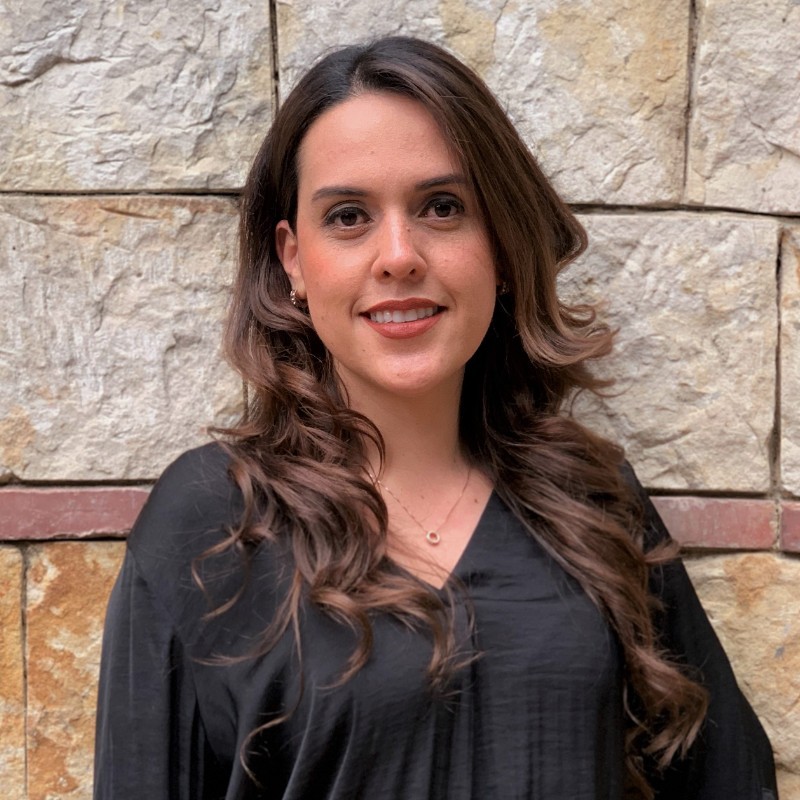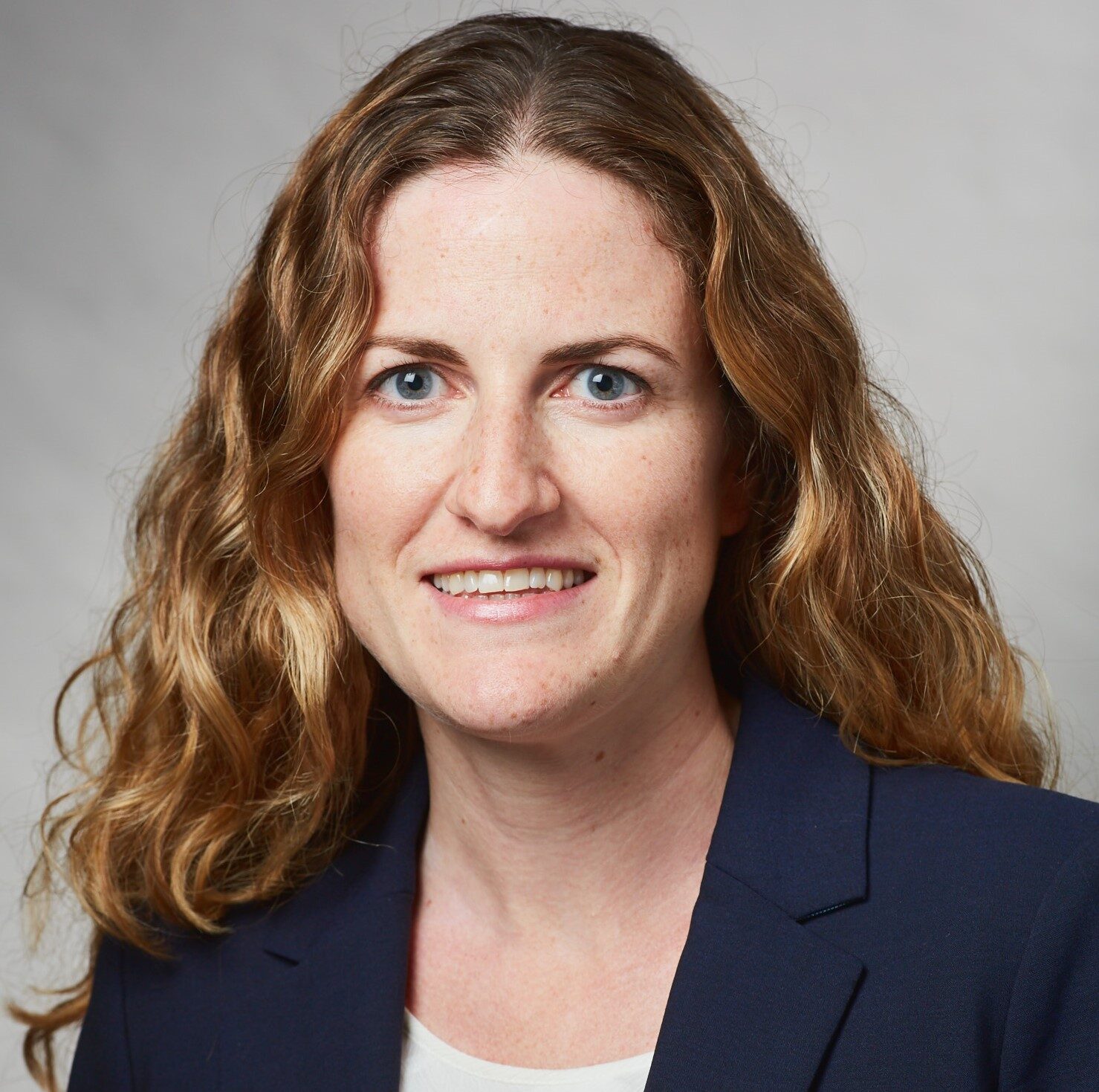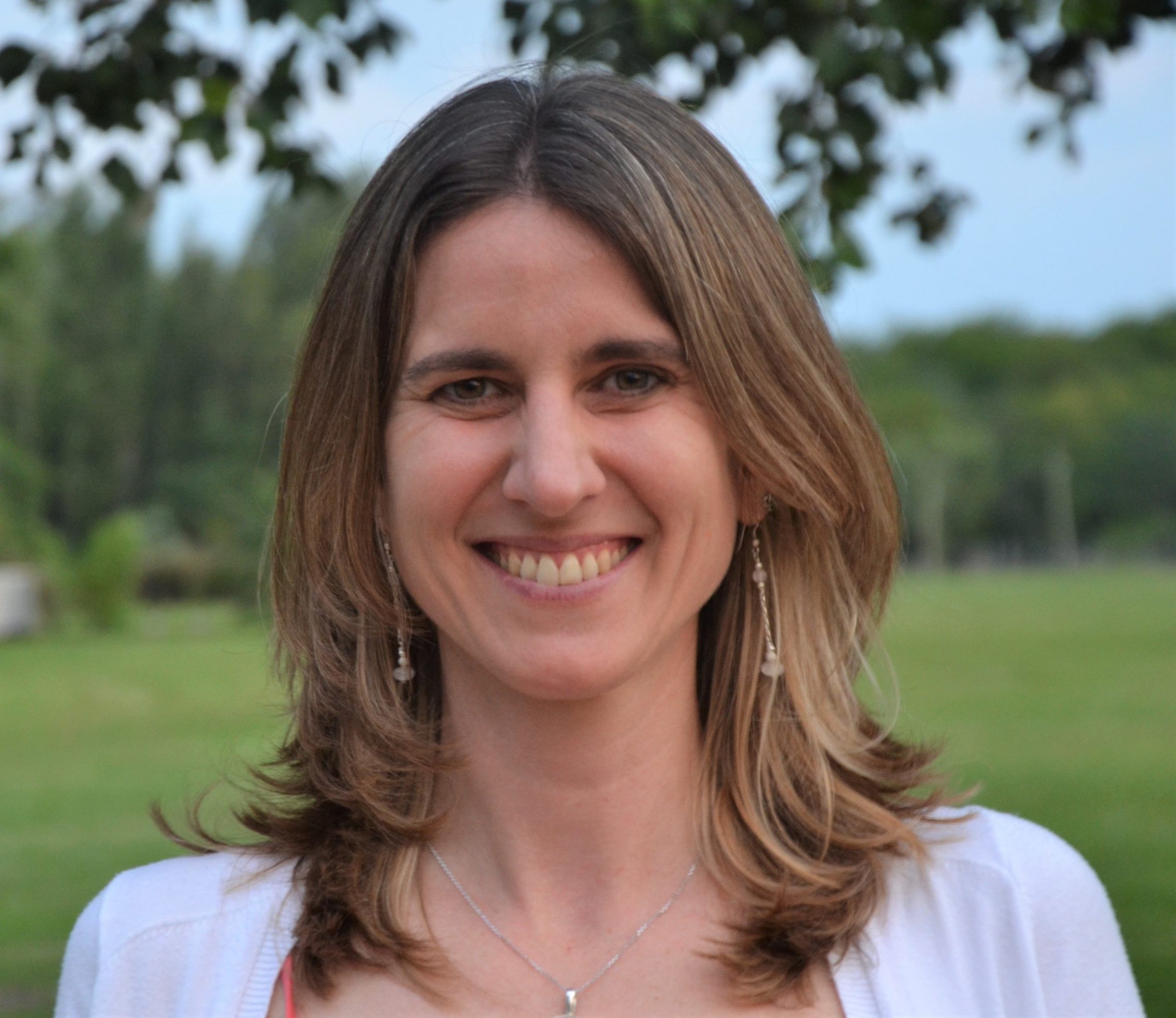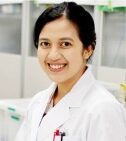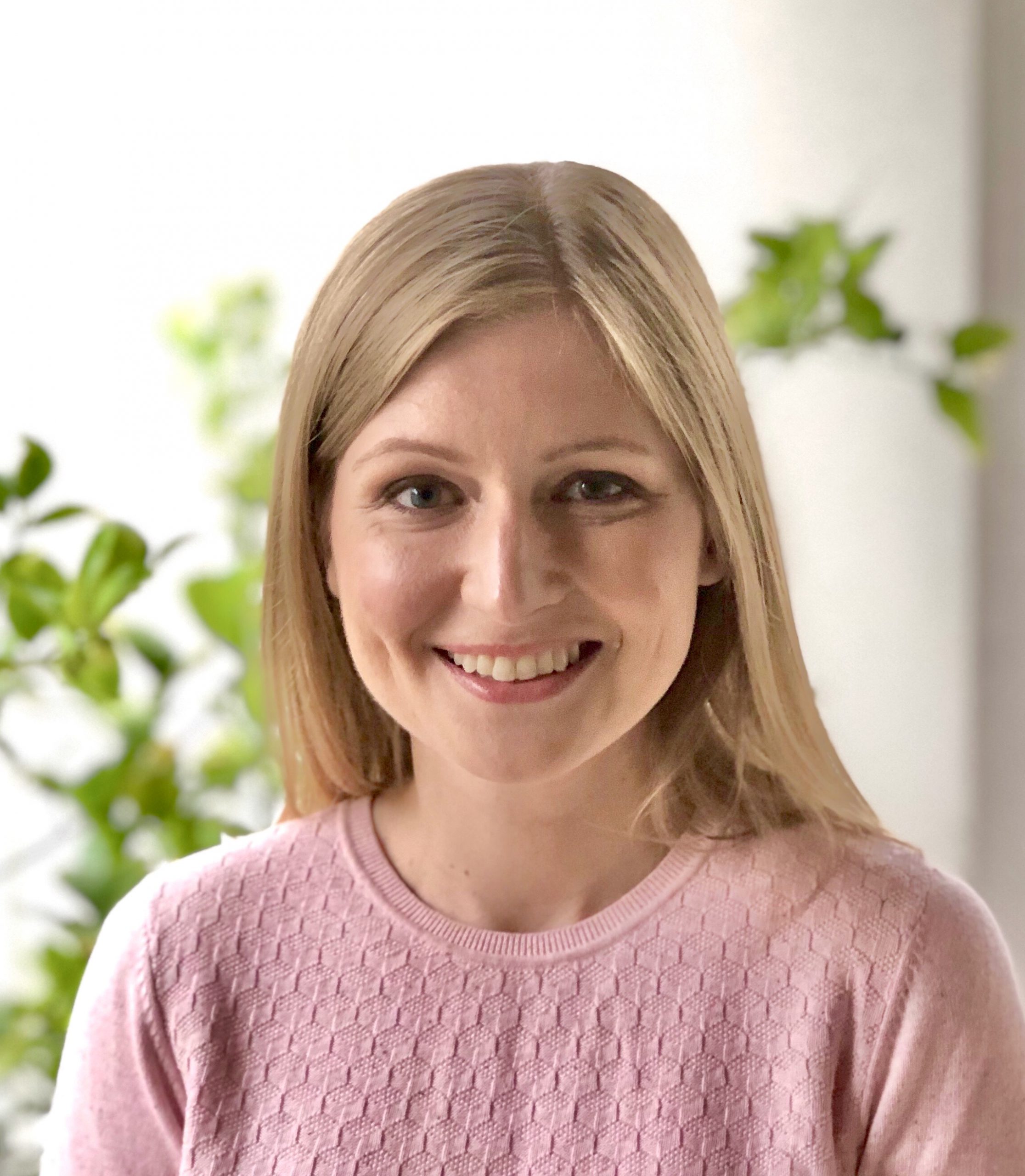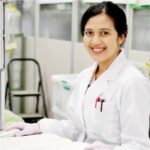Metabolomics Society Career Medals
The International Metabolomics Society seeks to recognize the outstanding contributions of individuals to the field of metabolomics through the presentation of up to two Metabolomics Society Medals. The Metabolomics Society Medals are designed to recognize outstanding contributions to the field of Metabolomics. They are open to all Society members who meet the eligibility criteria outlined below. While research contributions are of primary importance, other contributions, including to the teaching of metabolomics and/or service to the field or the society will also be strongly considered. There will be up to two medals awarded each year in the following categories:
- The Metabolomics Society Medal is for mid-career members of the society and is open to those members who have been awarded a PhD 10-15 years prior to the closing date for nominations in each round.
- The President’s Award recognizes outstanding achievements in metabolomics. It is available for Society members who have been awarded a PhD no more than 5-10 years prior to the closing date prior to the closing date for nominations in each round.
Exceptions to these date ranges may be made in the case of significant interruptions to an applicant’s research career. In such a case, an explanation of the nature of the disruption should be included in the nomination. Achievement relative to opportunity will be a factor in awarding these medals. Those more than 15 years out from their PhD (including career breaks etc) would likely be more suited for nomination for a Society Fellowship.
New in 2023, medal winners will have the opportunity to give a keynote presentation during the Society conference the same year they receive the award. Conference registration, and reasonable travel & hotel expenses will be reimbursed by the Society.
Scroll down to find eligibility requirements and the 2025 nomination details. The submission deadline passed on January 31, 2025.
2024 President’s Award
2024 Metabolomics Society Medal
2023 President’s Award
2023 Metabolomics Society Medal
2022 President’s Award
2022 Metabolomics Society Medal
2021 President’s Award
2020 President’s Award
2019 Metabolomics Society Medal
2019 President’s Award
Eligibility Criteria
- Nominees must:
- Have been members of the Metabolomics Society for at least (1) year over the prior (3) years immediately preceding the year of award nomination.
- Be a current member of the Society.
- Meet the criteria for each medal listed above.
- More details on eligibility are provided in the FAQ document.
Application Procedure
- Nominations should consist of a cover letter (one page A4 max) indicating which award is being applied for and summarizing the achievements of the nominee (and any significant career interruptions, if applicable); explicit mention of the specific contribution of the nominee (50 words or less, suitable for a notice on the website); a detailed Curriculum vitae, including publications, of the nominee and support from at least 2 additional full Members in good standing and from different institutions to each other and the nominee (please include name, email and affiliation).
- Nominators should seek the approval of the nominee prior to submitting a nomination. Self-nomination is also acceptable.
- Nominators are responsible for making sure all the required paperwork is submitted by the due date.
- All Society members are eligible for nomination.
- The submission deadline passed on January 31, 2025.
Submit your nomination via e-mail to info@metabolomicssociety.org with the following information, in a numbered list to match the numbers below:
- Name of the Nominee
- Nominee e-mail address
- State the specific contribution of the nominee
- List (2) Society members in good standing, from two different institutions, who support this application. (Cannot be from the same institution as nominee)
- Member 1 Name, Email, Institution
- Member 2 Name, Email, Institution
- Attach a Cover Letter, one-page A4 maximum. Cover letter should include which award is being applied for and summarize the achievements of the nominee (and any significant career interruptions, if applicable). (PDF file)
- Attach a detailed Curriculum Vitae, including publications. (PDF file)
You will receive a response via e-mail within 48 hours to acknowledge receipt of your application.
Selection Criteria
Selection of awardees will be relative to opportunity and include equal weighting of one or more of the following criteria using a scoring sheet developed for the purpose
- Quality and impact of published work in journals of high international reputation.
- Excellence in teaching and training of metabolomics.
- Service to the metabolomics community.
Selection Procedures
- The recipients will be decided by ranking the applications by the Metabolomics Society Board of Directors (BOD). In the case of multiple high-quality entries and or tied voting, there will be multiple rounds of voting with the candidate with the lowest number of votes eliminated in each round until one candidate in each category remains.
- Where a clear decision cannot be made, the application may be sent to an external referee, usually an eminent international scientist not connected with any applicant, for adjudication.
- If the BOD judges that none of the nominations in either category merits an award, then one or both awards will not be made in that round.
- In exceptional cases (and depending on the quality of the applications received) the Society may choose to award two President’s Medals or two Society Medals, but not more than two medals may be awarded in any one year.
- Applications from previous years will not be “rolled over”. Nominees who are not successful in any one year will require re-nomination if they wish to try again in subsequent years.
- No applicant can be awarded any more than one Society Career medal but receiving a Society medal does not exclude individuals from other society awards (e.g. fellowship).
- Current and ex-offico members of the BOD are not eligible for this award but ex-directors who are no longer serving may be nominated I they meet the selection criteria.
- Awardees will be listed on the Metabolomics Society website and their details and photo(s) may be listed on social media.
- NEW! Medal winners will have the opportunity to give a keynote presentation during the society conference the same year they receive the award. Conference registration, and reasonable travel & hotel expenses will be reimbursed by the Society.



